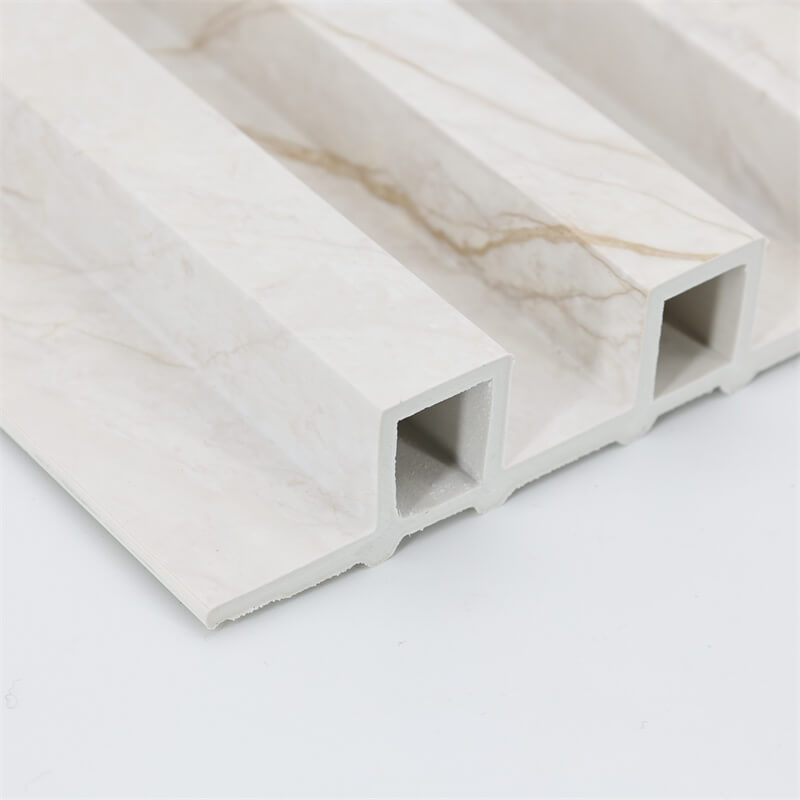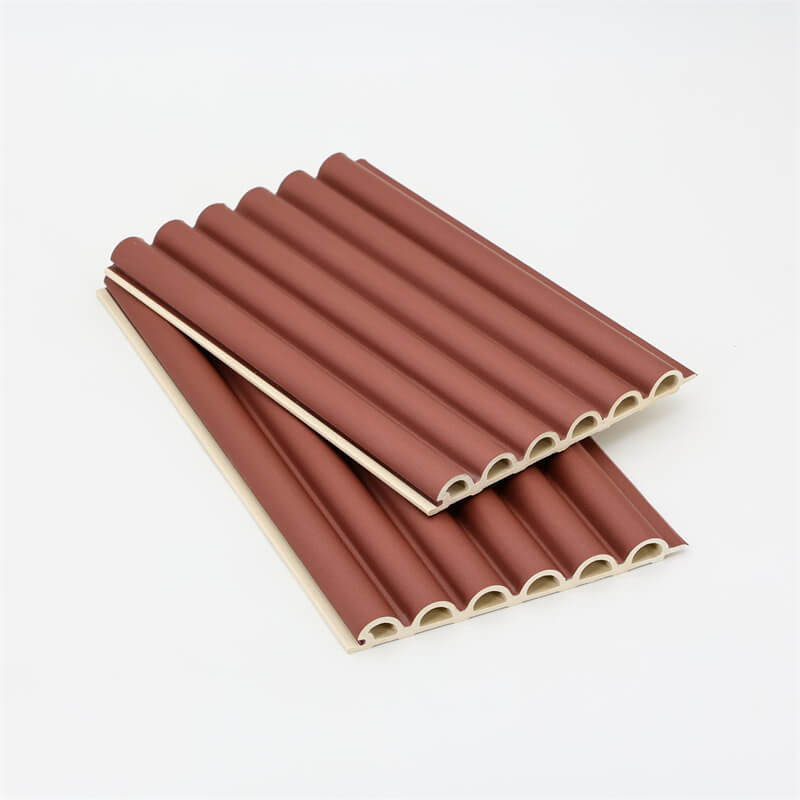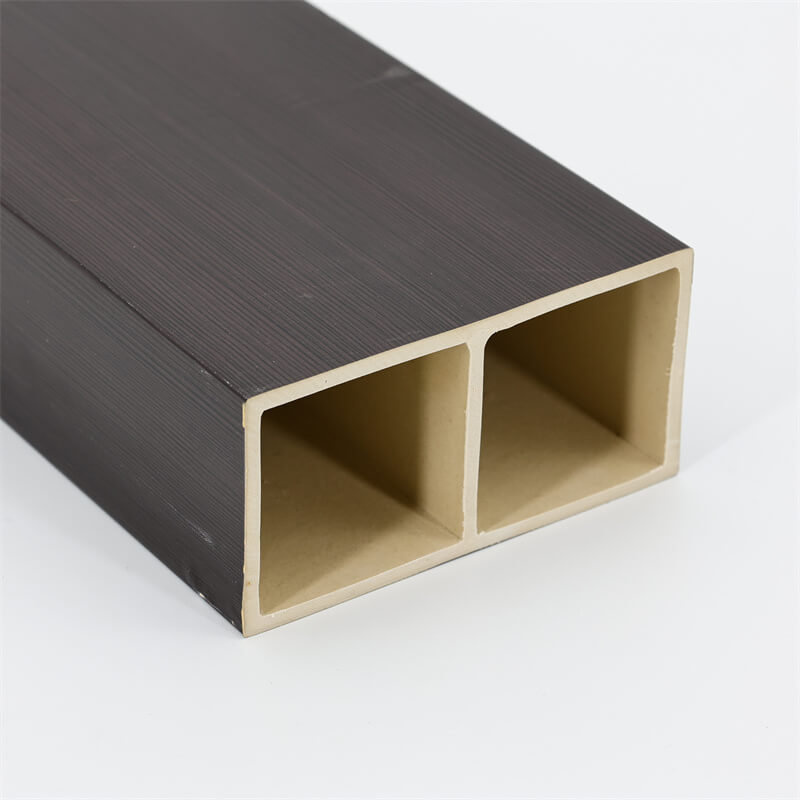
In the realm of commercial architecture, striking a balance between functionality and aesthetics is paramount.
Wood-Plastic Composite (WPC) panels have emerged as a versatile solution that meets the diverse needs of commercial spaces.
From office buildings and retail establishments to hospitality venues and healthcare facilities, WPC panels offer a range of benefits that contribute to the success of commercial architectural projects.
In this article, we will delve into the versatility of WPC panels in commercial architecture, exploring their applications, considerations when selecting manufacturers and suppliers, cost-effectiveness, and sustainability.
I. Applications in Commercial Spaces: Enhancing Design and Functionality
WPC panels find a multitude of applications in various commercial spaces, thanks to their versatility and adaptability.
They can be used for interior and exterior cladding, wall partitions, ceiling panels, decorative features, and even furniture elements.
The wide range of design options allows designers and architects to create visually stunning environments that align with the branding and aesthetic vision of the commercial establishment.
In addition to aesthetics, WPC panels offer functional benefits that cater to the specific requirements of commercial spaces.
Their acoustic properties can help reduce noise transmission, making them ideal for offices, conference rooms, and other areas where sound control is crucial.
Moreover, WPC panels are resistant to moisture, impact, and wear, ensuring their durability in high-traffic areas and contributing to the longevity of the commercial space.

II. Selecting Manufacturers and Suppliers: Quality and Reliability
When incorporating WPC panels into commercial architectural projects, it is essential to collaborate with reputable manufacturers and suppliers.
A trusted manufacturer will have a proven track record of producing high-quality panels that meet industry standards.
They employ advanced manufacturing processes and techniques to create panels that are durable, aesthetically appealing, and sustainable.
When evaluating manufacturers, consider their experience in the industry, the materials they use, and their commitment to quality control.
A reliable manufacturer will source premium wood fibers and plastic polymers, ensuring the performance and longevity of the panels.
They will also adhere to strict manufacturing standards, conducting thorough testing to ensure that every panel meets the desired specifications.
Choosing the right supplier is equally crucial.
A reputable supplier works closely with trusted manufacturers, ensuring that you receive authentic and high-quality WPC panels for your commercial project.
They can provide valuable guidance and support in selecting the right panels based on your design requirements, performance needs, and budget constraints.
III. Cost-Effectiveness: Balancing Price and Value
Cost-effectiveness is a significant consideration in commercial architecture projects.
WPC panels offer an attractive solution as they provide a balance between price and value.
While the initial investment may be slightly higher than other materials, the long-term benefits and cost savings outweigh the upfront costs.
WPC panels require minimal maintenance and are resistant to moisture, rot, and insects, reducing the need for frequent repairs or replacements.
Their durability ensures that they can withstand the demands of high-traffic commercial spaces, further contributing to cost-effectiveness.
Moreover, WPC panels can be more cost-effective than natural wood or other materials in the long run.
They do not require staining, sealing, or painting, eliminating ongoing maintenance expenses.
Additionally, their lightweight nature makes installation quicker and more efficient, reducing labor costs.

IV. Sustainability: A Greener Choice for Commercial Architecture
Sustainability is a growing concern in the field of commercial architecture, and WPC panels offer a greener alternative to traditional materials.
These panels are manufactured using a combination of recycled wood fibers and plastic, reducing the demand for virgin materials and diverting waste from landfills.
By opting for WPC panels, commercial spaces can contribute to a more sustainable future while maintaining aesthetic appeal and functionality.
Furthermore, WPC panels are energy-efficient during the manufacturing process, as they require less energy compared to the production of concrete or steel.
They also have a longer lifespan, reducing the need for frequent replacements and minimizing waste generation.
The versatility of WPC panels makes them an ideal choice for commercial architecture.
Their applications range from cladding and partitions to decorative features and furniture elements, allowing designers to create visually appealing and functional spaces.
When selecting manufacturers and suppliers, prioritize quality, reliability, and their commitment to industry standards.
Consider the cost-effectiveness of WPC panels, factoring in their durability, low maintenance requirements, and long-term savings.
Lastly, embrace the sustainability aspect of WPC panels, as they contribute to a greener future for commercial architecture.
By leveraging the versatility of WPC panels, commercial spaces can achieve a harmonious balance between design, functionality, cost-effectiveness, and sustainability.
Whether it’s an office building, a retail establishment, or a hospitality venue, WPC panels provide an innovative and flexible solution that transforms commercial spaces into aesthetically pleasing and sustainable environments.
